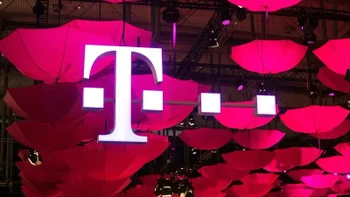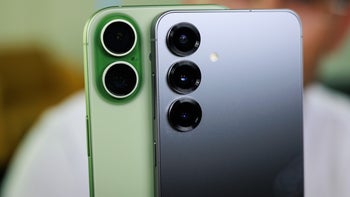DOJ's antitrust lawsuit against Apple expands: four new states join the accusations

On Tuesday, four more US states – Indiana, Massachusetts, Nevada, and Washington – joined the Justice Department's lawsuit against Apple, accusing the company of monopolizing the smartphone market.
Initially filed in March 2024, the lawsuit had already garnered the support of 15 states and the District of Columbia. The claim is that Apple leverages its market dominance to extract more money from consumers, developers, content creators, artists, publishers, small businesses, and merchants.
The civil suit claims that Apple maintains an illegal monopoly by imposing restrictive contracts and denying essential access to developers.
The Justice Department has highlighted that Apple charges up to $1,599 for an iPhone, generating higher profits than any competitor.
They also noted that Apple imposes hidden fees on various business partners, from software developers to credit card companies and even rivals like Alphabet's Google, ultimately increasing costs for consumers.
Apple intends to request that a federal judge in New Jersey dismiss the case, arguing it faces intense competition from established rivals.
The Justice Department, joined by attorneys general from 16 states and districts, filed on March 21, 2024 an antitrust lawsuit against Apple, accusing the tech giant of monopolizing the smartphone industry and driving up consumer prices through restrictive practices on iOS.
The suit claims Apple prevents the development of "super apps" that facilitate easier switching between mobile platforms, blocks cloud-streaming apps for high-quality gaming without additional hardware, and hinders the creation of cross-platform messaging apps, forcing consumers to remain within the Apple ecosystem.
Attorney General Merrick Garland emphasized that such monopolistic practices result in higher prices and fewer choices for consumers. He asserted the Justice Department's commitment to enforcing antitrust laws to protect consumer interests. Apple, in response, defended its innovation practices and warned that the lawsuit could negatively impact its ability to create integrated technology and set a dangerous precedent of government overreach in technology design.
Initially filed in March 2024, the lawsuit had already garnered the support of 15 states and the District of Columbia. The claim is that Apple leverages its market dominance to extract more money from consumers, developers, content creators, artists, publishers, small businesses, and merchants.
The Justice Department has highlighted that Apple charges up to $1,599 for an iPhone, generating higher profits than any competitor.
Apple intends to request that a federal judge in New Jersey dismiss the case, arguing it faces intense competition from established rivals.
The original lawsuit
The Justice Department, joined by attorneys general from 16 states and districts, filed on March 21, 2024 an antitrust lawsuit against Apple, accusing the tech giant of monopolizing the smartphone industry and driving up consumer prices through restrictive practices on iOS.
Attorney General Merrick Garland emphasized that such monopolistic practices result in higher prices and fewer choices for consumers. He asserted the Justice Department's commitment to enforcing antitrust laws to protect consumer interests. Apple, in response, defended its innovation practices and warned that the lawsuit could negatively impact its ability to create integrated technology and set a dangerous precedent of government overreach in technology design.
Follow us on Google News














Things that are NOT allowed:
To help keep our community safe and free from spam, we apply temporary limits to newly created accounts: